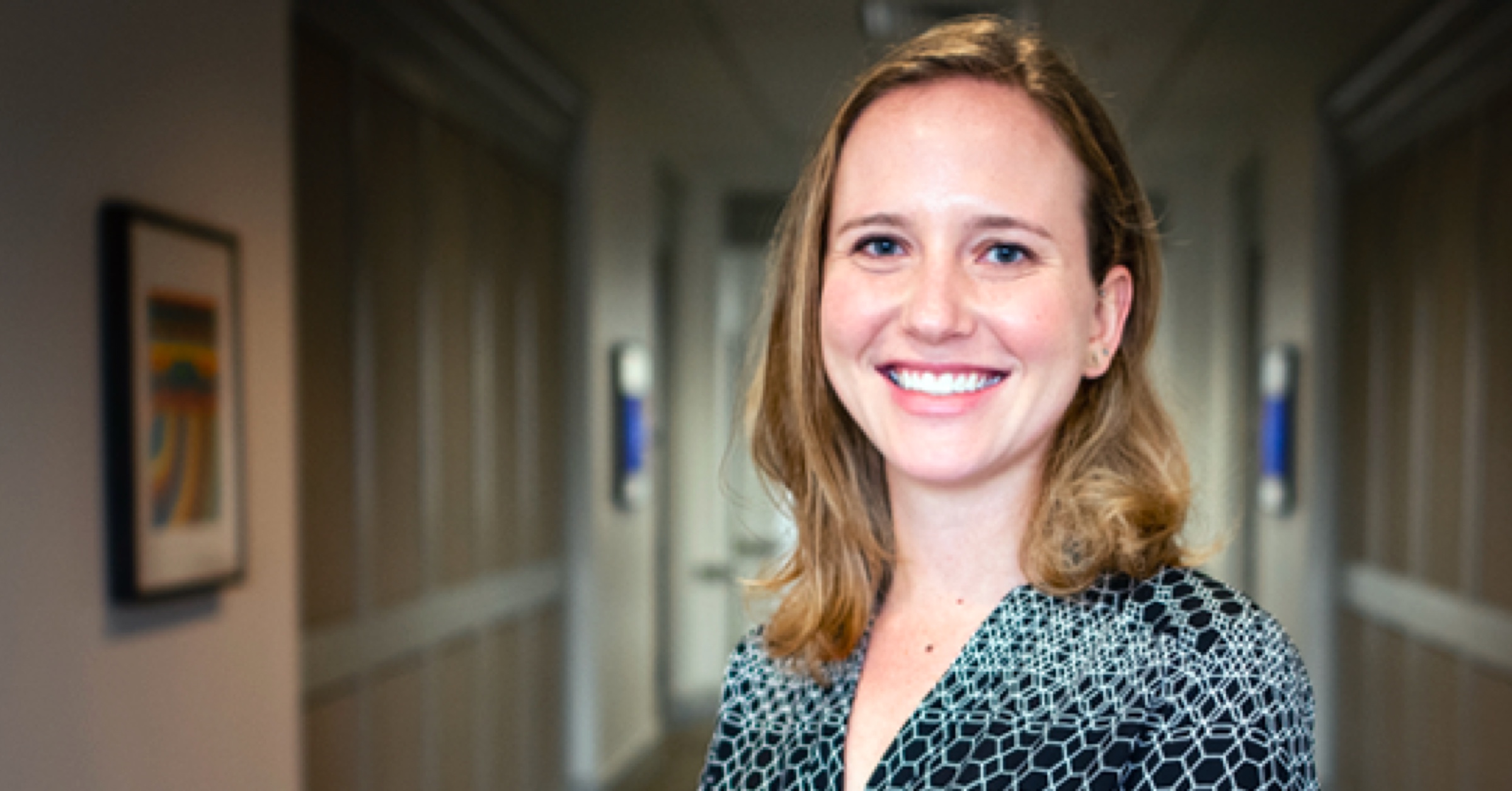“Business as usual” has lost its meaning. With the world on lockdown due to the novel coronavirus, you’d be forgiven for not knowing that in February—for the first time in two decades of polling—just as many Americans said protecting the environment was as important a policy priority as strengthening the economy. And while economic concerns are rightfully sprinting to the forefront of every American’s mind, now, more than ever, companies have a responsibility to change the way they gather resources, produce goods, and handle waste.
“2020 was supposed to be a transformational year for the environment,” says global risk and strategic consulting firm Maplecroft in their Environmental Risk Outlook 2020 report. “But now we’re here, it’s clear business and governments are falling short of what needs to be achieved.”
With increasing public concern over climate change, the report’s authors, Will Nichols and Rory Clisby, note that companies’ reputations will be closely linked to their environmental performance. “Given the current rates of global emissions and environmental degradation—and consumer demand to deal with these pressures—companies cannot afford to let 2020 pass them by,” they write.
A crucial step in meeting the challenge, says Kogod MBA student Nathalie Arfvidson, is for companies to adopt a circular economy.
A circular economy is based on designing out waste and pollution by keeping products and materials in use until they are ready to be recycled and reintroduced back into production.
“Ideally, sustainability should be integrated within all departments of an organization in order to create a truly positive impact on the community and the environment,” says Arfvidson. After moving from El Salvador to earn her undergraduate degree in marine biology at the University of California Santa Barbara, Arfvidson learned about corporate sustainability and the circular economy as an intern with a nonprofit organization in San Francisco.
“In San Francisco, they’re just amazing with corporate responsibility and company impact on the environment,” says Arfvidson. “That really inspired me to want to help businesses and their position with sustainability.”
A world without waste may sound like an impossible task to many, but the circular economy approach is not just an inspiring vision for environmentalists—it’s a boon to business owners. Some of the upsides include saving money, gaining new customers, increasing the security and price stability of supply chains, providing better returns to investors, and staying ahead of environmental government regulations.
Arfvidson’s goal is to become a sustainability consultant so that she can educate and assist companies with their sustainability initiatives and reporting, a process which can stump even the most business-savvy among us.
“A great way to start is by appointing a chief sustainability officer and creating a department that can keep the entire company accountable,” says Arfvidson. “Connecting to a green supply chain is great too. It kind of touches on everything: sourcing, manufacturing, and post-consumer needs.”
The idea of a circular economy is not new. While the phrase has been traced to the 1980s, the slogan “make do and mend” came from a World War II initiative to encourage as little waste as possible in a time of harsh rationing. Yet, there is a distinct difference between recycling and a circular economy.
Recycled products are generally a blend of reused and new materials, while a true circular economy involves zero input of new materials and reducing emissions, waste, and, eventually, costs. This makes the circular economy a more ambitious goal for business leaders.
Arfvidson brought a chapter of Net Impact—a nonprofit organization for individuals who want to use their business skills to support social and environmental causes—to American University in order to help other Kogod students practice their passion for sustainability and business. Kogod’s chapter gives members the opportunity to put their education into practice in the real world, beyond class and internship assignments. “Last semester, we toured the Anacostia River, where we learned about proper waste management for water and saw the DC water headquarters,” says Arfvidson.
Arfvidson also put her skills to work through two internships that she held during the summer of 2019, first as a sustainability analyst at Impacti, a startup creating an online tool that helps businesses track their sustainability progress, and then as a supply chain intern at Icomera, where she was first introduced to the concept of green supply chains.
Incorporating the practices necessary for a true circular economy requires an investment in redesigned products, a switch to recycled materials, and higher upfront costs, but companies can start with steps like ethically sourcing materials, increasing energy efficiency, and being transparent about their goals and the progress they’re making.
Becoming a sustainable company can seem like a hefty undertaking, but with the involvement of impassioned students like Arfvidson, who are considering the environmental impact of each business decision, companies will see that small steps can lead to big outcomes.
Kogod MBA student Nathalie Arfvidson is combining her business and environmental expertise to help companies become more sustainable.
